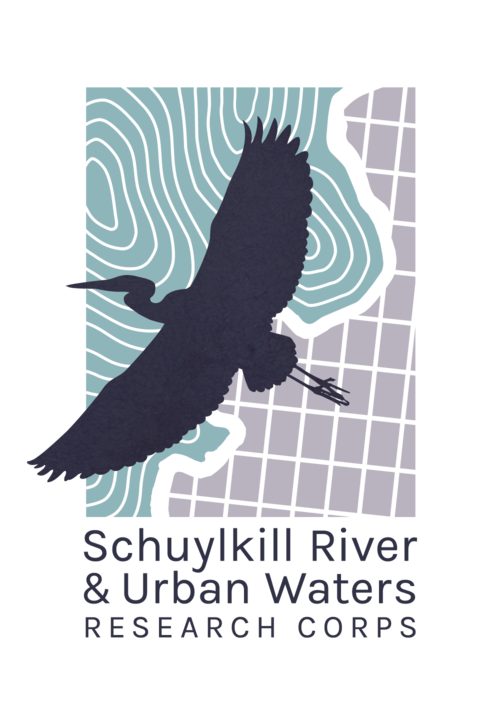On-Water Summer Intensive Seminar on the Tidal Schuylkill River
 JUNE 18-29, 2018
JUNE 18-29, 2018
Founded in April 2016, the Schuylkill River and Urban Waters Corps is an informal collective of academic, non-profit, civic and community organizations. Based in Philadelphia, we are devoted to exploring and stewarding urban waters past and present. The Corps is currently fostering collaborations in other cities in the U.S., including Mumbai and New York, and we are building a digital archive for our members' varied work: contributing, collecting, and curating oral histories; developing a variety of tours, both on-line and in-person; measuring air and water quality; and designing and building an array of citizen science and public humanities projects to discover and document the waters--and invite considerations of how they will exist in the future. Our digital archive is available at http://schuylkillcorps.org/.
The Corps organizes a public, cooperative interdisciplinary Research Seminar, co-convened by Peter DeCarlo (Drexel), Danielle Redden (Bartram's Garden), and Bethany Wiggin (Penn). The Seminar meets twice monthly during the school year. In June 2018, the Corps will offer its first On-Water Intensive Research Seminar, open by application to college students and community members at large. It will be collaboratively taught by faculty from the sciences, arts, and humanities. Led by environmental scientist DeCarlo and historian Wiggin, additional confirmed instructors include Jacob Rivkin (Penn), David Velinsky (Drexel), and Roland Wall (Academy of Natural Sciences). Enrollment is capped at 18.
The June On-Water Intensive explores the river through four interdisciplinary lenses and sets of questions, guided by experts in relevant fields:
- The Anthropocene, the geologic era following the Holocene, as made and experienced from the tidal Schuylkill
- Environmental history and science at the confluence of the Schuylkill and Delaware Rivers
- Management and governance of the river, including its human and more than human populations
- Arts-driven inquiry into the tidal river’s past and future
Mini-lectures, collaborative experiments, and civic dialogues introduce and elaborate each topic; assignments generate possibilities and opportunities for analytical, critical, and creative work along, on, or in the water itself. The intensive will meet in a mobile, on-water classrooms (on floats, wooden boats, kayaks, and motorized launches) as well as in workspaces on land in University City, Bartram’s Garden, and the John Heinz National Wildlife Refuge. Students receive intensive mentoring by the seminar instructors and collaborate closely with one another to develop their own final interdisciplinary projects. Together we will begin to co-create a public curriculum of educational materials and arts-science experiments designed for continued river engagement, historical and environmental literacy, and stewardship in conversation with, and with active participation from, diverse audiences.
Four competitive community scholarships are available to students, researchers, educators, designers, artists, and/or organizers in the Philadelphia region, in conjunction with PPEH’s ongoing public engagement project, Ecotopian Toolkit. Application materials will be available via the PPEH website by February 1, 2018 and are due by April 1. Participants will be selected by the Seminar conveners and instructors, with acceptances notified by April 20.
Six Penn students will participate in the class as one unit in an eight-week paid summer internship program planned to support the design of citizen science and public humanities projects exploring Philadelphia’s urban waters. These internships are also part of PPEH’s ongoing Rising Waters initiative led by Penn professors Nikhil Anand and Bethany Wiggin. Application materials will be available via the PPEH website and are due by March 1. Students successfully completing this summer internship have the opportunity to participate in a related Rising Waters project in the fall, culminating in Mumbai, India with a collaborative research exchange with peers at the Tata Institute of Social Sciences.
